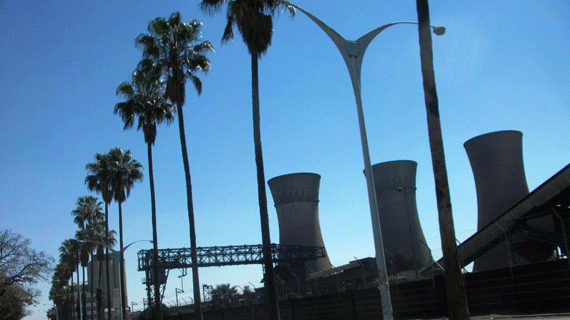
THE constant talk about the collapse of Bulawayo-based companies has perpetuated a myth that Zimbabwe’s former industrial hub is a dying city.
That perception is far from reality as delegates at the ongoing Zimbabwe International Trade Fair that ends on Saturday are hearing and seeing for themselves.
Bulawayo mayor Martin Moyo was on point when he told guests at a ZITF reception on Tuesday that the city is open for business.
The fact that 100 companies have closed down and over 20 000 people lost their jobs is an inescapable fact.
However, such reversals cannot hold the city back for eternity and it is the duty of our political leaders to ensure that the myth that Bulawayo is dying does not become reality.
The good rainy season that saw most of the city’s dams making significant gains after a very long time is one reason there should be optimism about investment in Bulawayo.
Successive droughts and the government’s reluctance to deal decisively with the city’s perennial water problems could be responsible for the pessimism creeping into the city, but that should not be a factor this year.
More importantly investors have not lost interest in Bulawayo as indicated by South African companies that again have a huge presence at this year’s edition of ZITF.
- Chamisa under fire over US$120K donation
- Mavhunga puts DeMbare into Chibuku quarterfinals
- Pension funds bet on Cabora Bassa oilfields
- Councils defy govt fire tender directive
Keep Reading
Bulawayo City Council should be commended for its active role in the search for investors after unveiling a number of incentives targeted at existing companies and those contemplating investment.
The city has also opened up expanses of vacant land for development of all sorts of businesses.
A message that should be sent loud and clear to all exhibitors and visitors is that Bulawayo is open for business.
Only positive attitudes would help us turn the tide.
The ZITF is such an important window for Bulawayo to present itself as a city ripe for investment.










